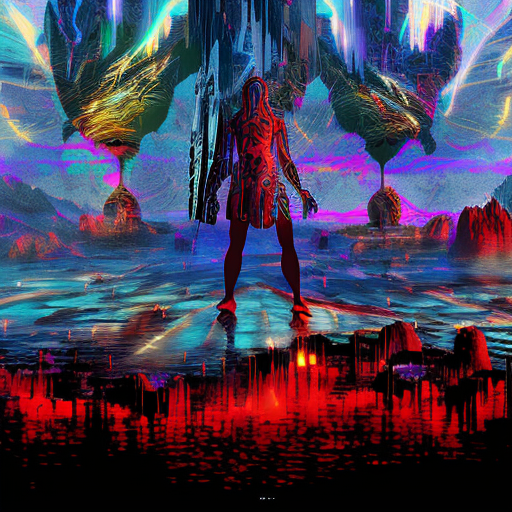Summary:
In “Homo Deus: A History of Tomorrow,” Yuval Noah Harari explores the future of humanity, delving into the potential paths that our species may take in the coming decades. Harari examines the impact of technology, artificial intelligence, and biotechnology on our society, and raises thought-provoking questions about the future of work, religion, and human existence itself.
The Rise of Homo Deus
Harari begins by tracing the evolution of Homo sapiens, highlighting how our species has managed to dominate the planet through our ability to create and believe in shared myths. He argues that the next stage of human evolution, Homo Deus, will be characterized by our ability to engineer and manipulate our own biology and environment. With advancements in technology and science, humans are becoming more god-like, taking control of our own destiny.
The Data Religion
Harari explores the notion that data has become the new religion of the modern world. He argues that in the age of big data, algorithms and artificial intelligence have the power to know us better than we know ourselves. As our lives become increasingly quantified and monitored, Harari questions whether we are sacrificing our privacy and autonomy in exchange for convenience and efficiency.
The Future of Work and Happiness
Harari examines the impact of automation and artificial intelligence on the job market. He predicts that many traditional jobs will become obsolete, leading to widespread unemployment and social upheaval. However, he also suggests that new types of jobs will emerge, requiring skills such as creativity and empathy that cannot be easily replicated by machines. Harari challenges us to redefine our understanding of work and find meaning and fulfillment in a world where human labor is no longer the primary source of economic value.
- Humans are evolving into Homo Deus, a species capable of engineering their own biology and environment.
- Data has become the new religion, with algorithms and artificial intelligence having the power to know us better than we know ourselves.
- The rise of automation and AI will lead to widespread unemployment, but also create new types of jobs that require uniquely human skills.
In his thought-provoking book, Harari raises important questions about the future of humanity and challenges us to consider the ethical implications of our technological advancements. He warns against blindly embracing progress without carefully considering the potential consequences. Ultimately, “Homo Deus: A History of Tomorrow” serves as a call to action, urging us to actively shape the future we want rather than passively accepting whatever may come.
“In the twenty-first century, we will create more powerful gods than ever before, but they will be our own creations, and they will be more interested in us than in anything else.”
Key takeaways from “Homo Deus: A History of Tomorrow”:
- Humans are on the path to becoming Homo Deus, a species capable of engineering their own biology and environment.
- Data has become the new religion, with algorithms and artificial intelligence having the power to know us better than we know ourselves.
- The rise of automation and AI will lead to widespread unemployment, but also create new types of jobs that require uniquely human skills.
- We must carefully consider the ethical implications of our technological advancements and actively shape the future we want.












